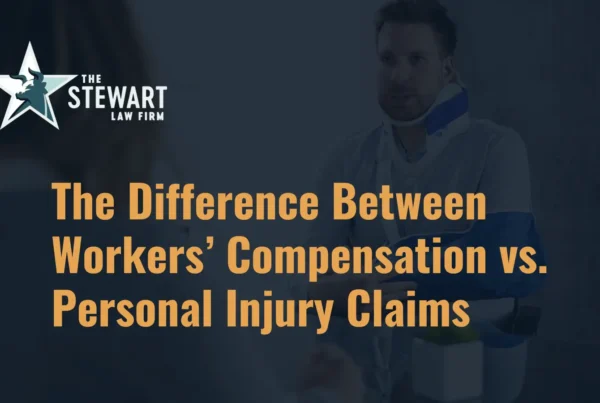A single brain injury can cause a variety of symptoms and health complications, ranging from mild to severe and temporary to permanent. Some brain injuries will result in a loss of motor skills. Others can cause speech impediments that make communication difficult.
As varied as brain injury symptoms may be, there is often a common thread among all cases: memory loss.
Memory Functions Lost Due to Brain Injury
A traumatic brain injury (TBI) is nearly guaranteed to damage some sort of memory function in the brain. However, even a mild TBI, like a concussion, can create problems with memory in patients.
The Model Systems Knowledge Translation Center (MSKTC) is an organization that gathers, analyzes, and publishes information, data, and studies related to severe injuries, including spinal cord injuries, burns, and brain injuries. According to their research, a single TBI can affect essentially all types of memory.
If you are living with a brain injury, you might struggle with:
- Long-term memory: If your long-term memory is jeopardized from a brain injury, you may experience significant difficulty with creating new memories and remembering new information. Finding and starting a new job becomes all the more difficult while living with long-term memory loss.
- Short-term memory: People who have short-term memory loss often struggle with small tasks that we all take for granted. For example, short-term memory loss may cause you to forget everyday items like your house keys, or you could be unable to remember the day. Short-term memory loss can be very frustrating, as it becomes difficult to feel grounded in a moment.
- Prospective memory: Your prospective memory is what makes you remember things, like when to take your prescription or when to get gas for your vehicle. A brain injury can dampen your prospective memory, turning day-to-day routines into a struggle.
- Injury memory: Many brain injury survivors do not remember the accident that caused their brain injury. Injury memory loss is extremely problematic if you want to file an injury claim against the party that caused your accident. Trying to describe what happened in a deposition, for example, could be impossible, or you may give unintentionally inconsistent statements because you simply cannot recall the fine details of the accidents.
Factoring Memory Loss into Your Damages
If you are filing a personal injury claim against the party that caused your brain injury, then the consequences of your memory loss must be factored into your damages. Attempting to treat memory loss can result in large medical bills due to specialized treatments and ongoing rehabilitation, of course. But the noneconomic damages caused by your memory loss may be even more costly.
Struggling to hold a conversation due to short-term memory loss can feel defeating. Frequently missing appointments because of prospective memory loss is frustrating. Finding yourself unable to learn and enjoy new topics can be discouraging. All of the hardships and low moments caused by your memory loss associated with your brain injury should all be calculated into your noneconomic damages, as well as the same sorts of duress you will experience for years to come.
At The Stewart Law Firm, PLLC in Austin, our brain injury lawyers have decades of experience managing high-stakes, high-value injury claims, including TBI claims. If you are suffering from memory loss, let us know by calling 512.271.5112. When we are representing you, we will fight for every last penny of compensation you deserve, factoring in both economic and noneconomic damages. We are here to support you through and through, from the start of your case to its conclusion.
You don’t pay us unless we win your case. Contact our firm now for a FREE consultation.





